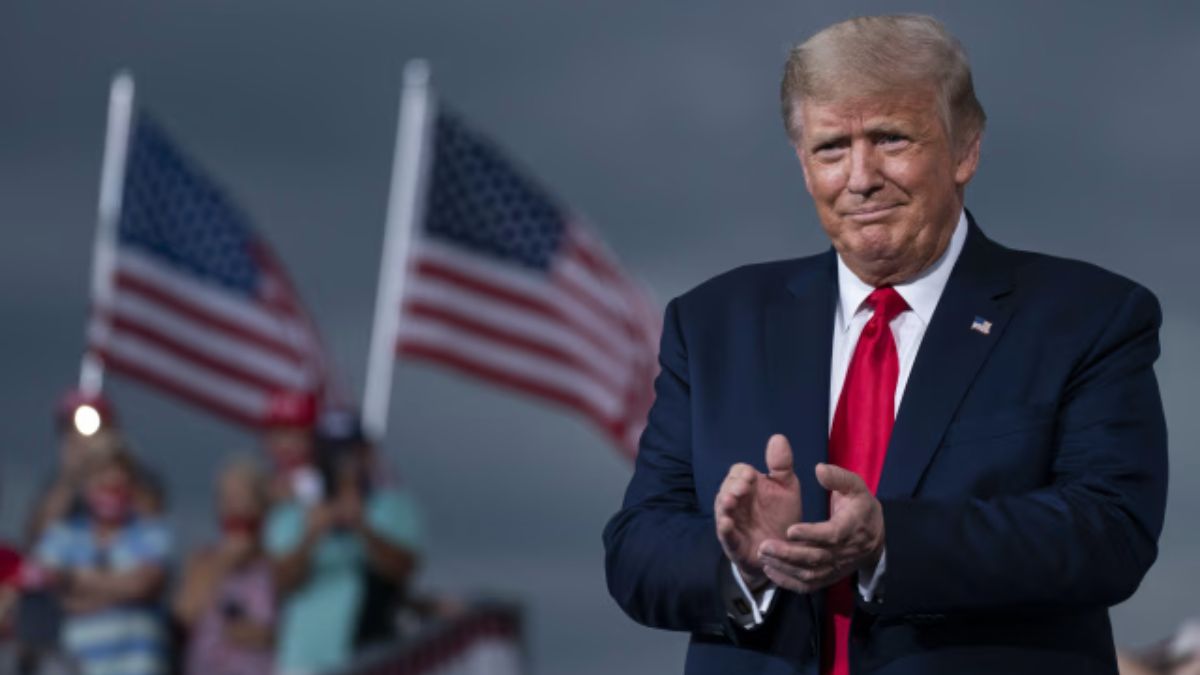Apple may face significant financial pressure if former President Donald Trump follows through on his recent threat to raise tariffs on India. Gene Munster of Deepwater Asset Management warned that the move could increase Apple’s annual tariff-related costs to $10 billion and reduce its operating income by 7 percent. Trump’s comments came during a recent television interview, where he suggested tariffs could rise “very substantially” if India does not reduce its oil purchases from Russia.
This development puts Apple in a difficult position. In the past two years, the company has moved a large part of its manufacturing out of China to India, aiming to lower the risk of U.S.-China trade tensions. But with India now potentially facing similar tariff treatment, Apple’s effort to diversify its supply chain might backfire. According to Apple’s CFO Kevin Perak, a majority of Apple’s products including iPhones, Macs, and iPads, are now produced outside of China. Munster estimates that about 70 percent of Apple’s total production now occurs outside China, much of it in India.
In the June quarter, around 11 per cent of Apple’s total revenue was affected by tariffs, costing the company about $800 million and reducing operating income by 2 percent. Apple’s guidance for the September quarter includes $1.1 billion in expected tariff costs, which reflects India losing its exemption and facing a 25 percent tariff starting from August 1.
If the U.S. increases tariffs on Indian goods to 50 per cent and India responds with similar reciprocal tariffs, Munster believes Apple’s operating income could take an additional 4 per cent hit. This creates major uncertainty as the company’s India operations now serve as a key part of its global manufacturing strategy.
Despite these risks, Munster believes Apple is likely to receive special consideration. He said Apple remains a symbol of U.S. innovation and tech leadership, and even though no company is completely protected from tariffs, Apple’s economic and cultural significance may help limit long-term damage. Trump has made at least five public statements since May criticising Apple’s overseas manufacturing, but it remains unclear how far he will go in targeting the company directly.
While the political landscape may continue to shift, Apple’s deep ties to the U.S. economy and global tech leadership could offer some protection. But for now, the company faces rising costs and greater uncertainty as trade tensions reemerge.


